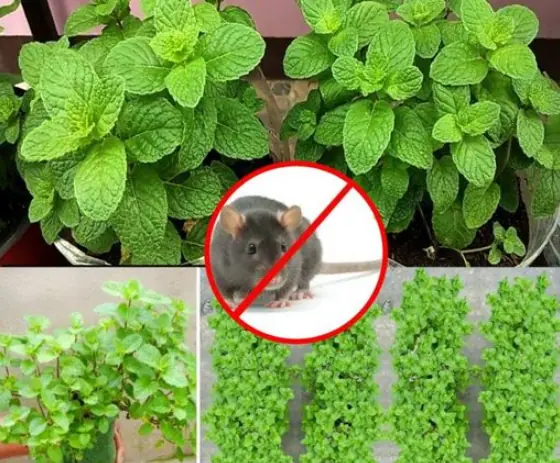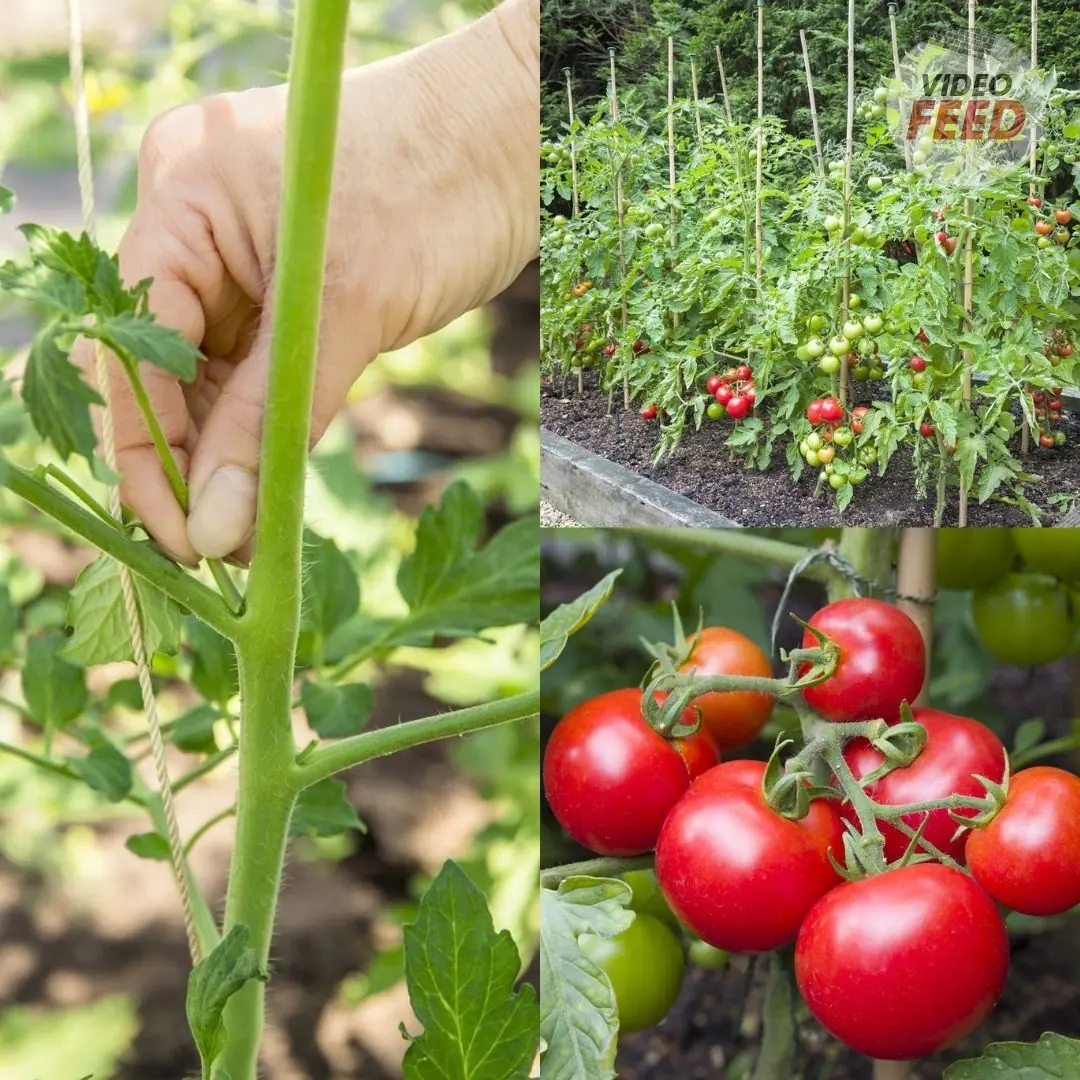
Rice Grains Unleashed: Supercharge Your Plants with Natural Strength and Vitality
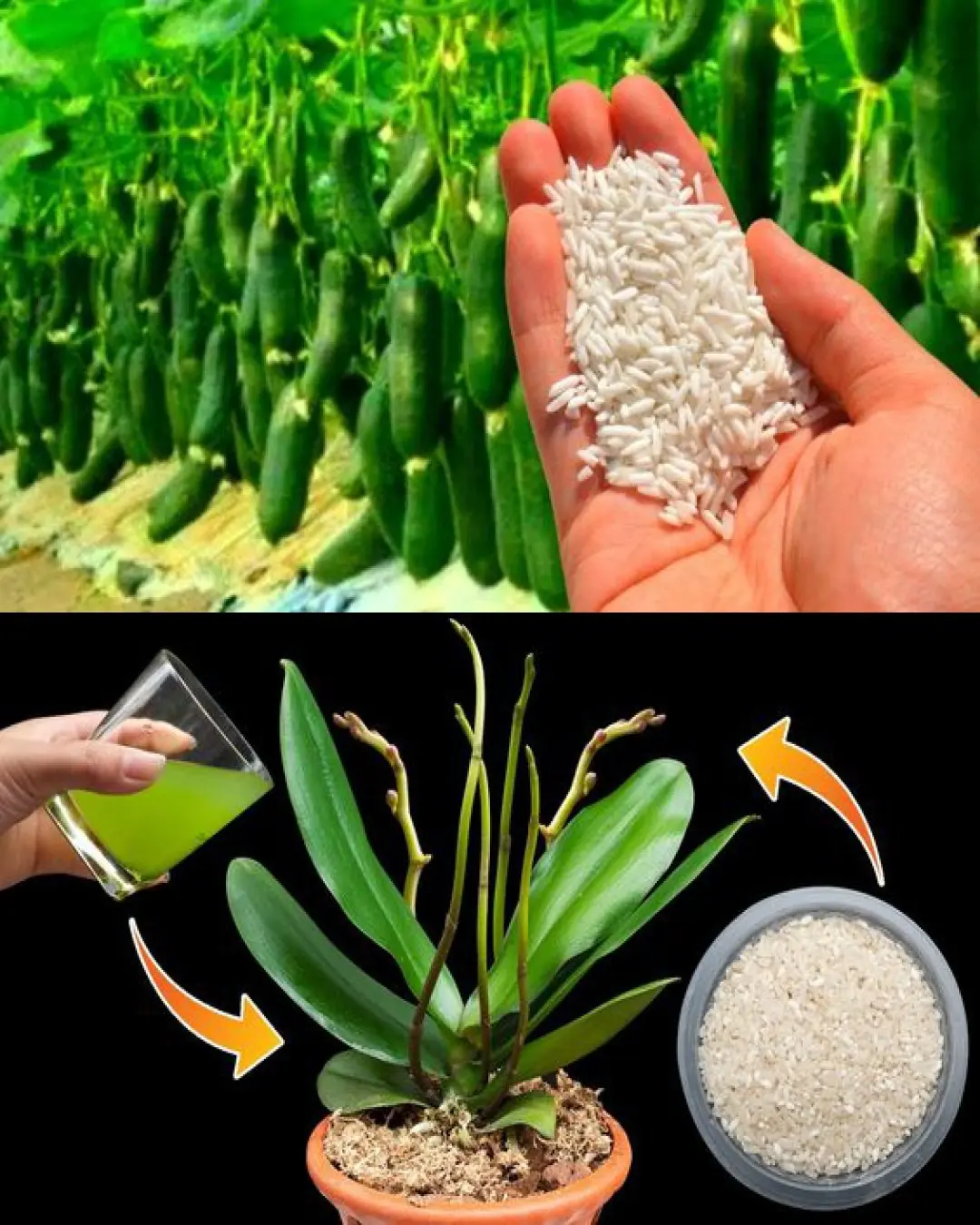
1. Exploring the Nutritional Benefits of Rice Grains for Plants
Rice grains are packed with nutrients that can positively impact your plants in several ways. They are an excellent source of carbohydrates, providing energy not only for the plants themselves but also for the beneficial microorganisms living in the soil. In addition, rice grains contain vital minerals such as potassium, phosphorus, and nitrogen—key elements that support healthy plant growth and development.
2. Rice Water: A Nutrient-Packed Natural Booster
One of the simplest and most effective ways to use rice grains in gardening is by making rice water. When soaked, rice releases essential nutrients that plants can readily absorb. Here’s how to prepare rice water at home:
-
Rinse half a cup of rice thoroughly to remove any impurities.
-
Place the rinsed rice into a container and add two cups of clean water.
-
Let the rice soak for about 30 minutes, stirring occasionally to help nutrients release.
-
Strain the rice water into a clean container, ensuring no grains remain.
3. Applying Rice Water to Nourish Your Plants
Rice water can be used in two main ways to promote plant health:
-
As a Liquid Fertilizer: Dilute the rice water with an equal amount of fresh water and use it to water your plants once a week. This steady nutrient supply enhances plant vitality and growth.
-
As a Foliar Spray: Pour the rice water into a spray bottle and mist the leaves lightly. This allows plants to absorb nutrients directly through their foliage, boosting their resilience and vigor.
4. Enhancing Soil by Adding Rice Grains
Another effective technique is to incorporate rice grains directly into your soil. This method works well for potted plants or when preparing garden beds for new plantings. Follow these steps:
-
Crush the rice grains into smaller pieces, avoiding making them too powdery.
-
Evenly spread the crushed rice over the soil surface.
-
Gently work the grains into the top layer of soil using a garden rake or hand fork.
-
Water the soil thoroughly to help the nutrients penetrate the root zone.
5. Important Tips and Precautions
While rice grains offer many advantages, keep the following in mind:
-
Avoid overusing rice grains or rice water, as excessive amounts can cause nutrient imbalances or waterlogging.
-
Use only uncooked rice grains; cooked rice decomposes too quickly and may negatively affect soil conditions.
-
Monitor your plants regularly after applying rice treatments. If you observe any signs of distress, stop use immediately.
Conclusion
Harnessing the natural power of rice grains is a simple yet highly effective way to strengthen and nourish your plants. Whether through nutrient-rich rice water or enriching the soil with crushed grains, you provide essential elements that encourage healthy growth. Just remember to maintain balance and observe your plants’ reactions to achieve the best results.
Start experimenting with rice grains today, and watch your garden flourish with newfound energy and vitality. Happy gardening!
News in the same category

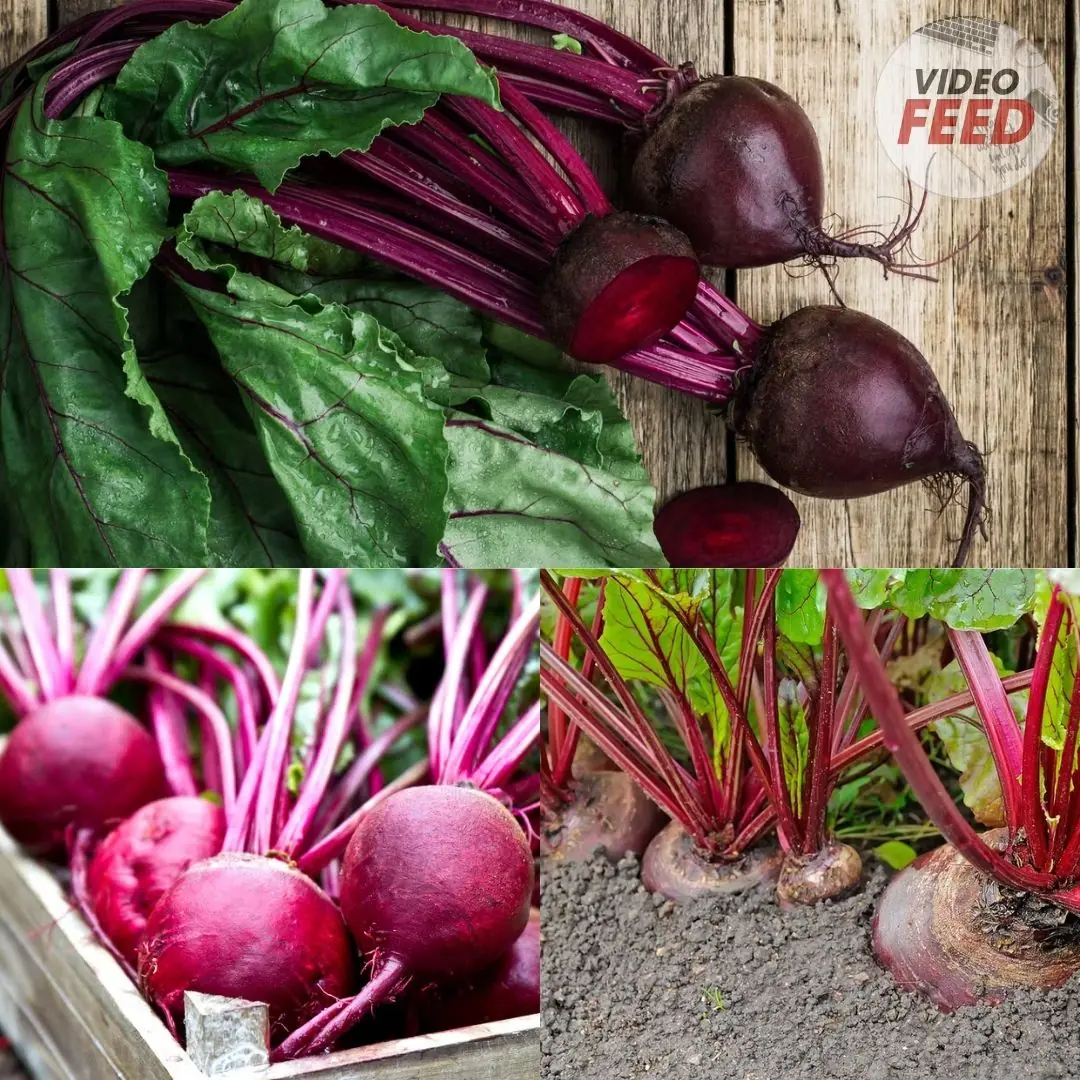
How to Grow Beets This Fall for a Hearty Autumn Harvest
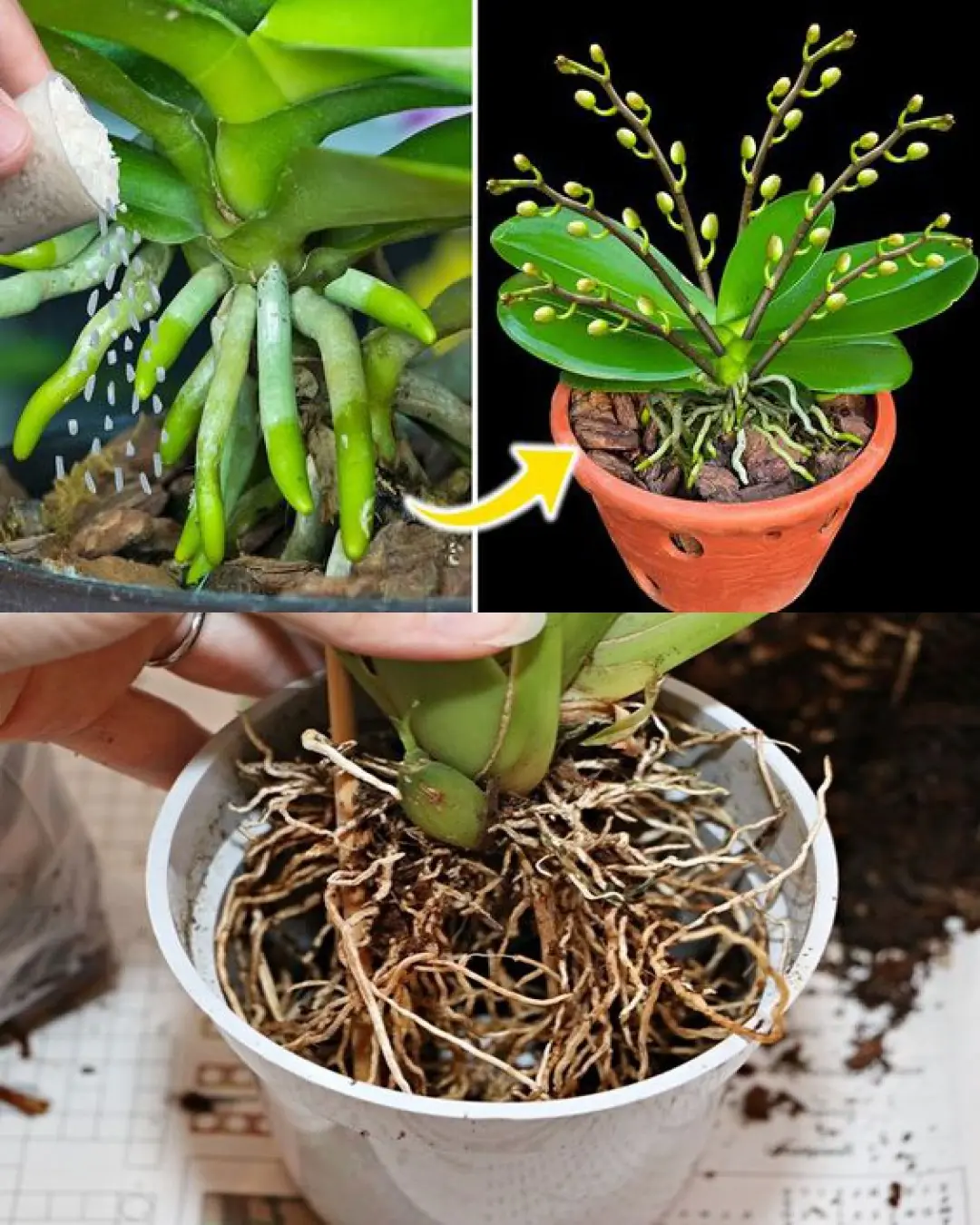
Deciphering Orchid Roots: Reasons They Extend Beyond Pots and Recommended Actions
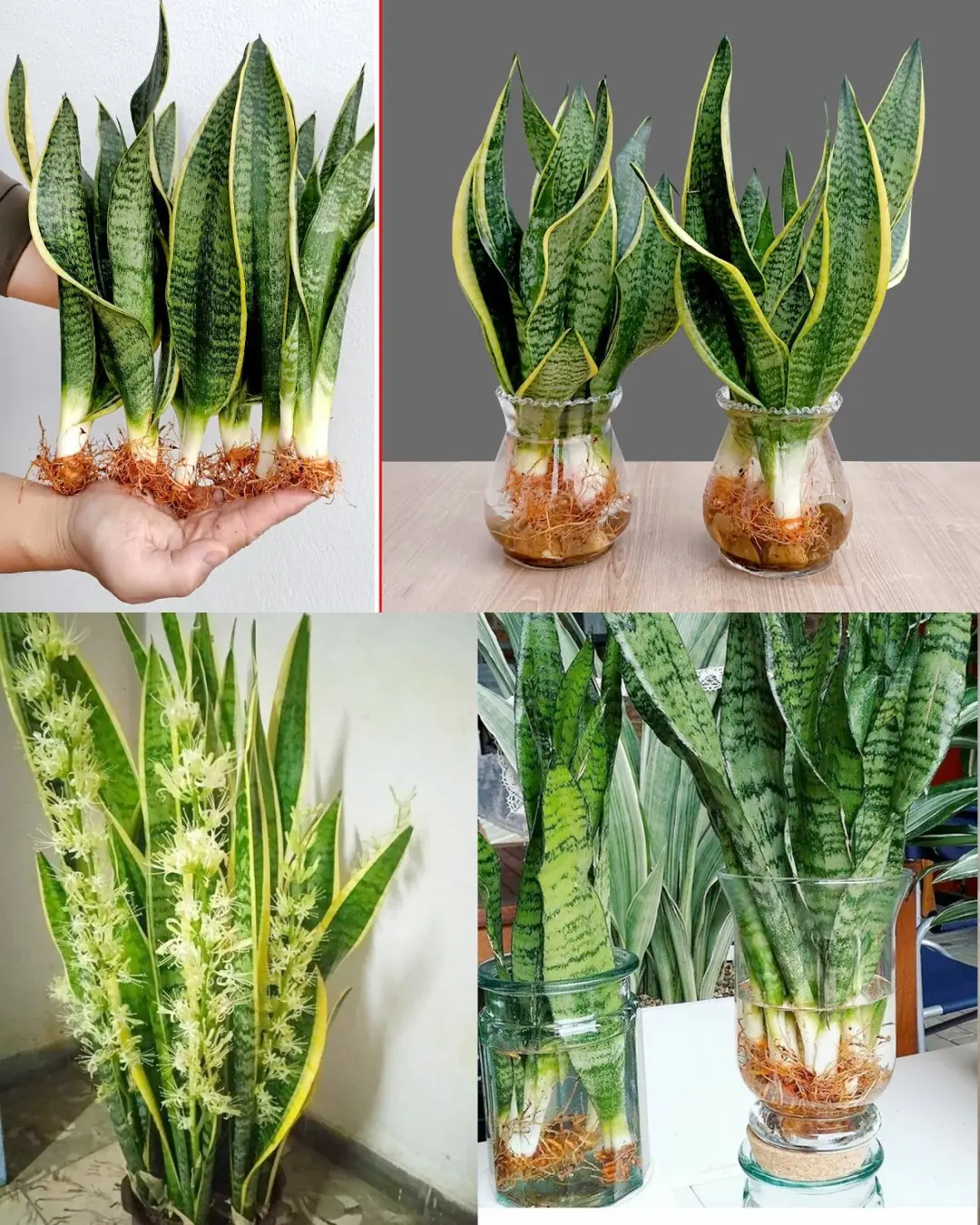
How to Multiply Your Sansevieria Quickly: From One Plant to a Thriving Collection
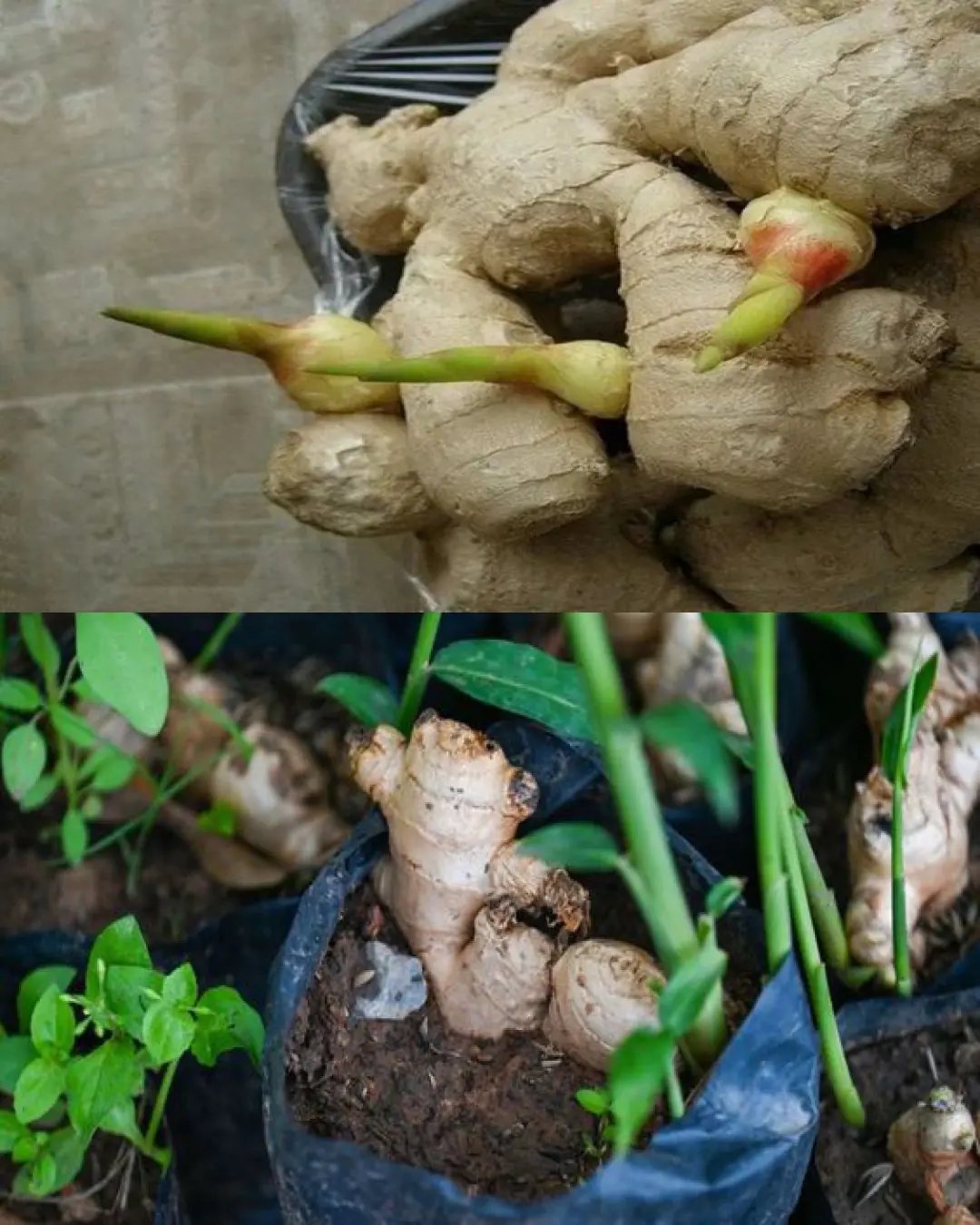
How To Plant Store-Bought Ginger & Grow Your Own Endless Supply
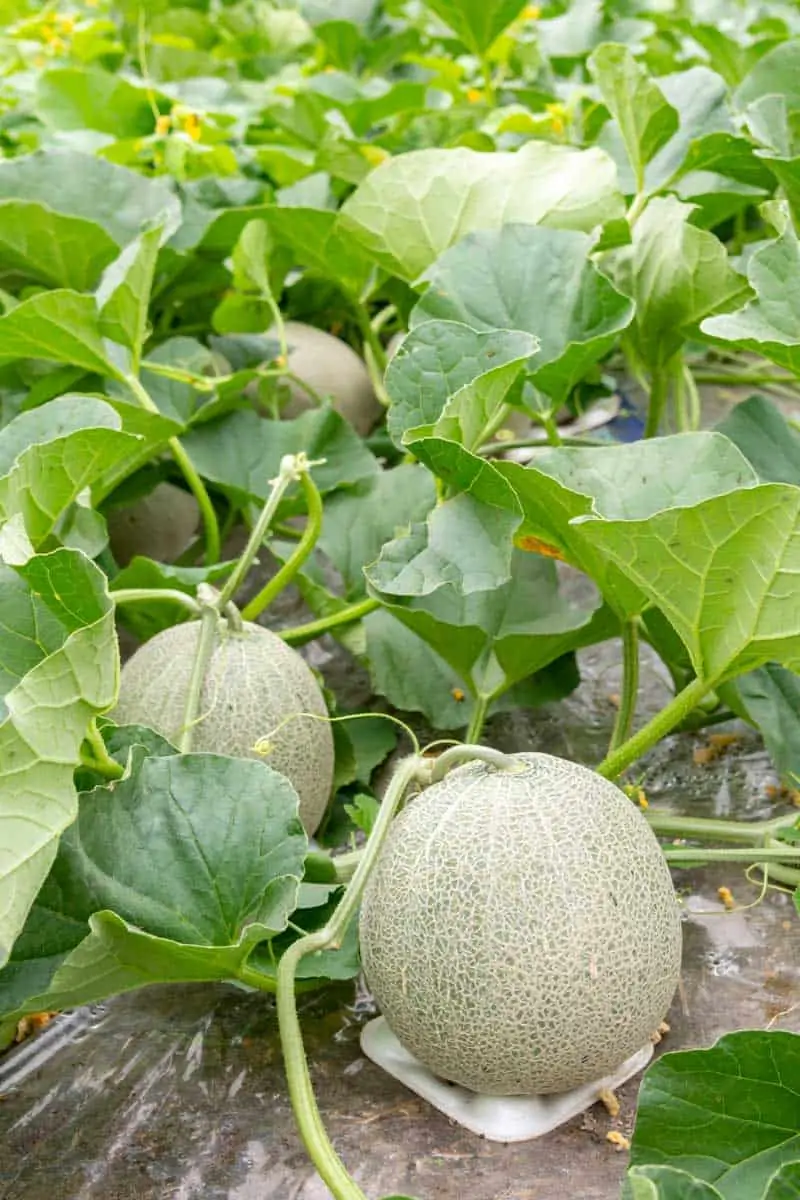
Guide to Cultivating Cantaloupe in Your Garden
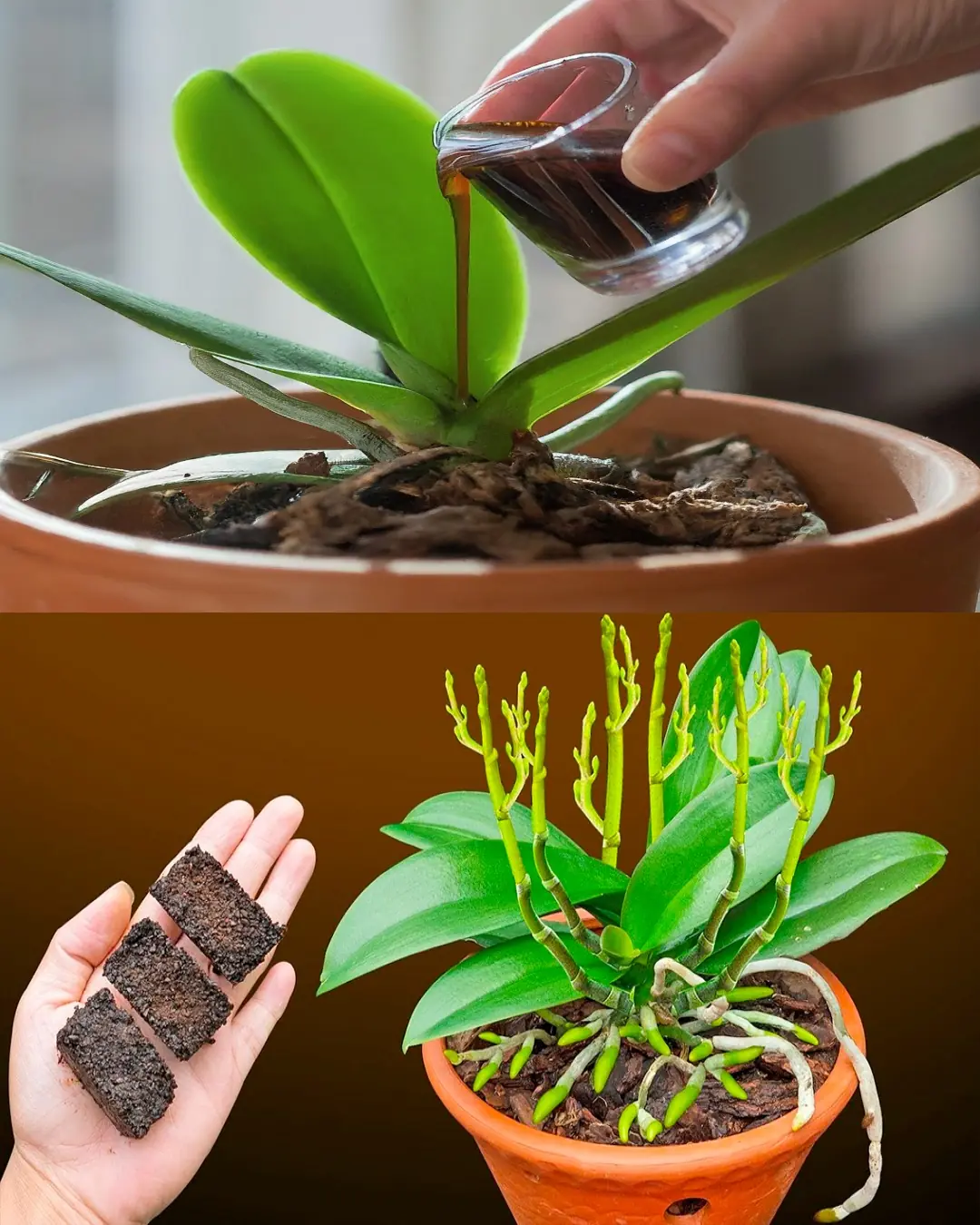
Coffee Magic: A Simple Trick to Help Orchids Bloom Repeatedly

Easy Growing Clove: From Seed to Spice

How to Grow Blackberries at Home in Pots
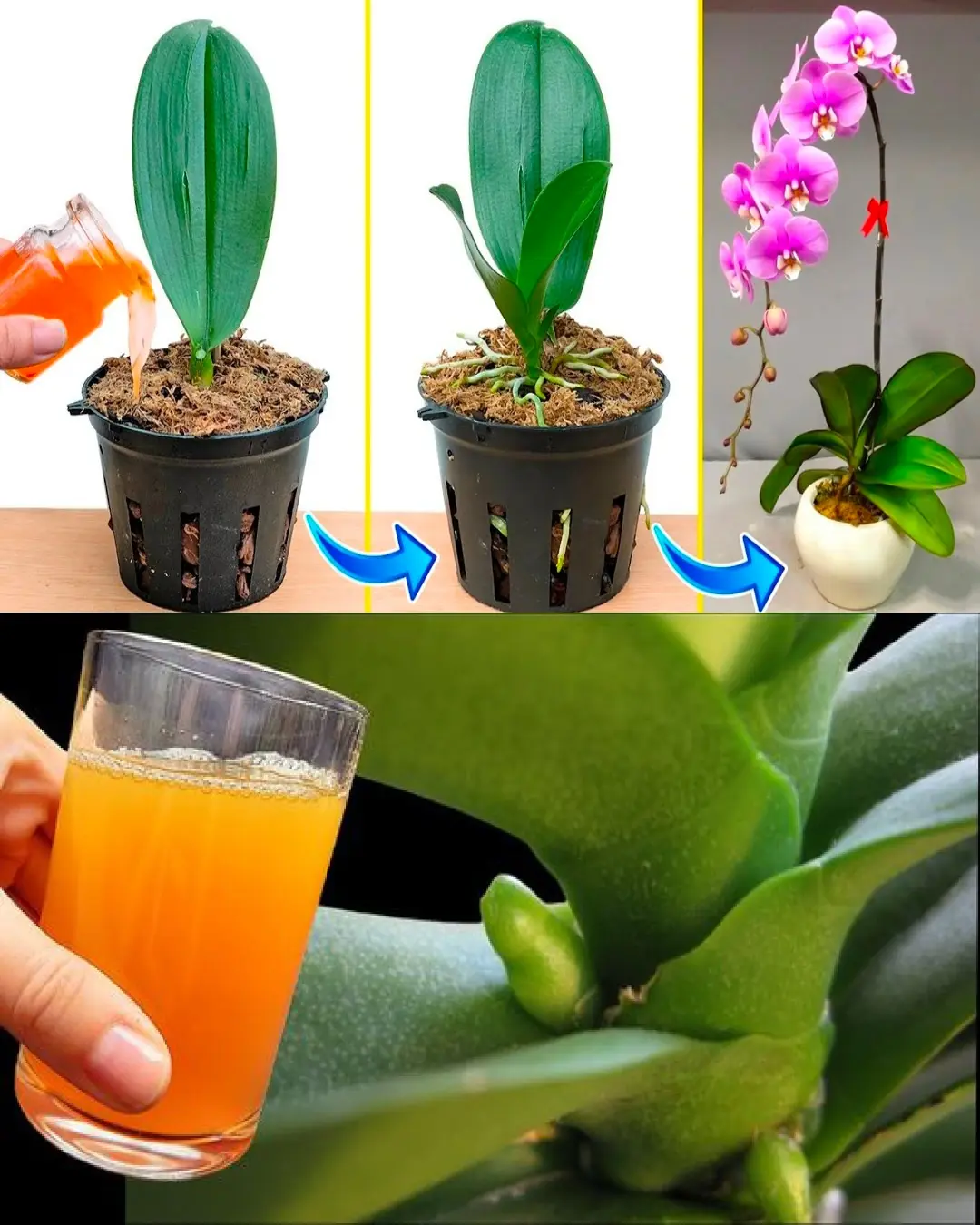
Unlock the Power of Carrot Juice: A Natural Boost for Thriving Plants
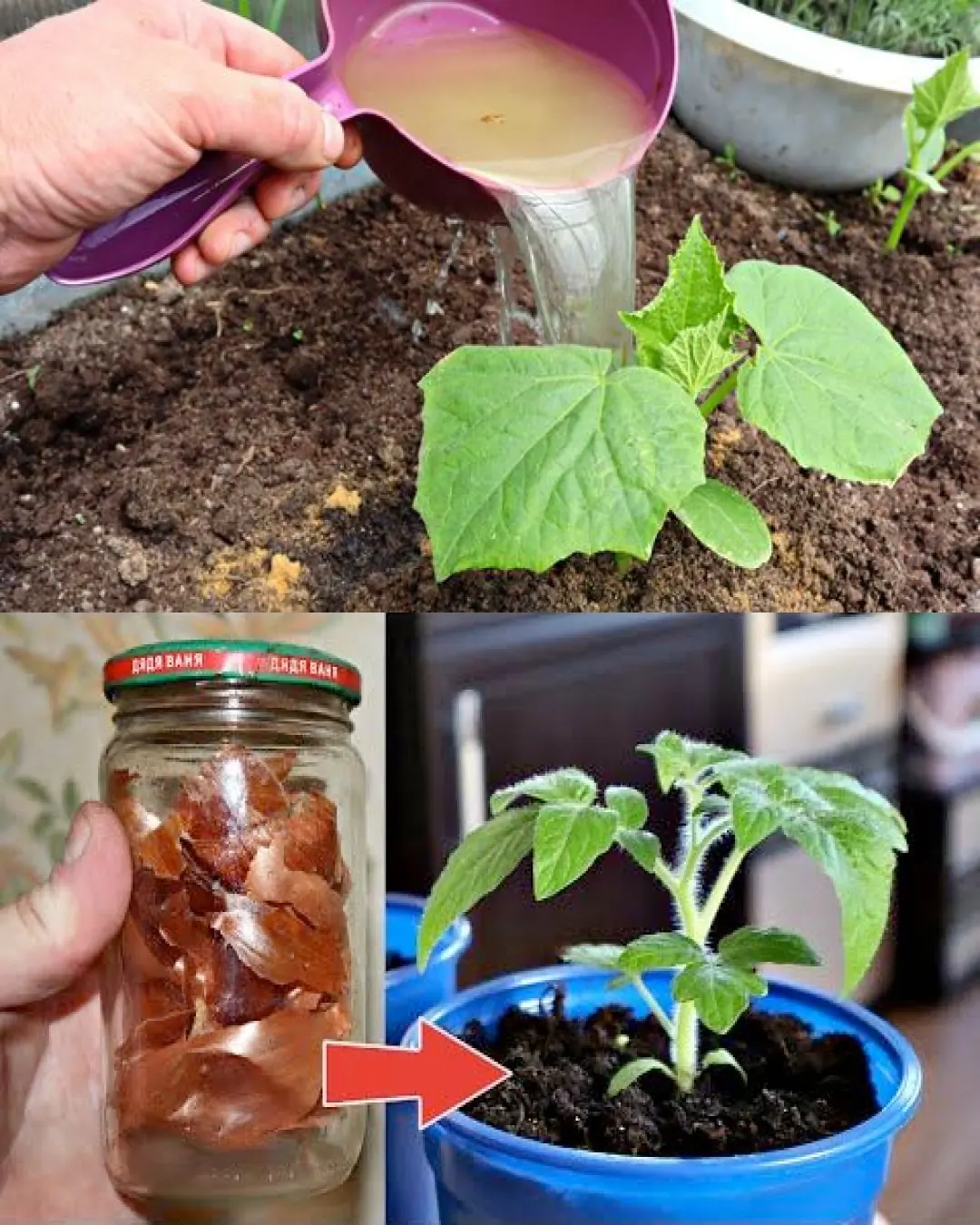
Boost Your Tomato Growth with Onion Peels: Nature’s Secret Fertilizer!
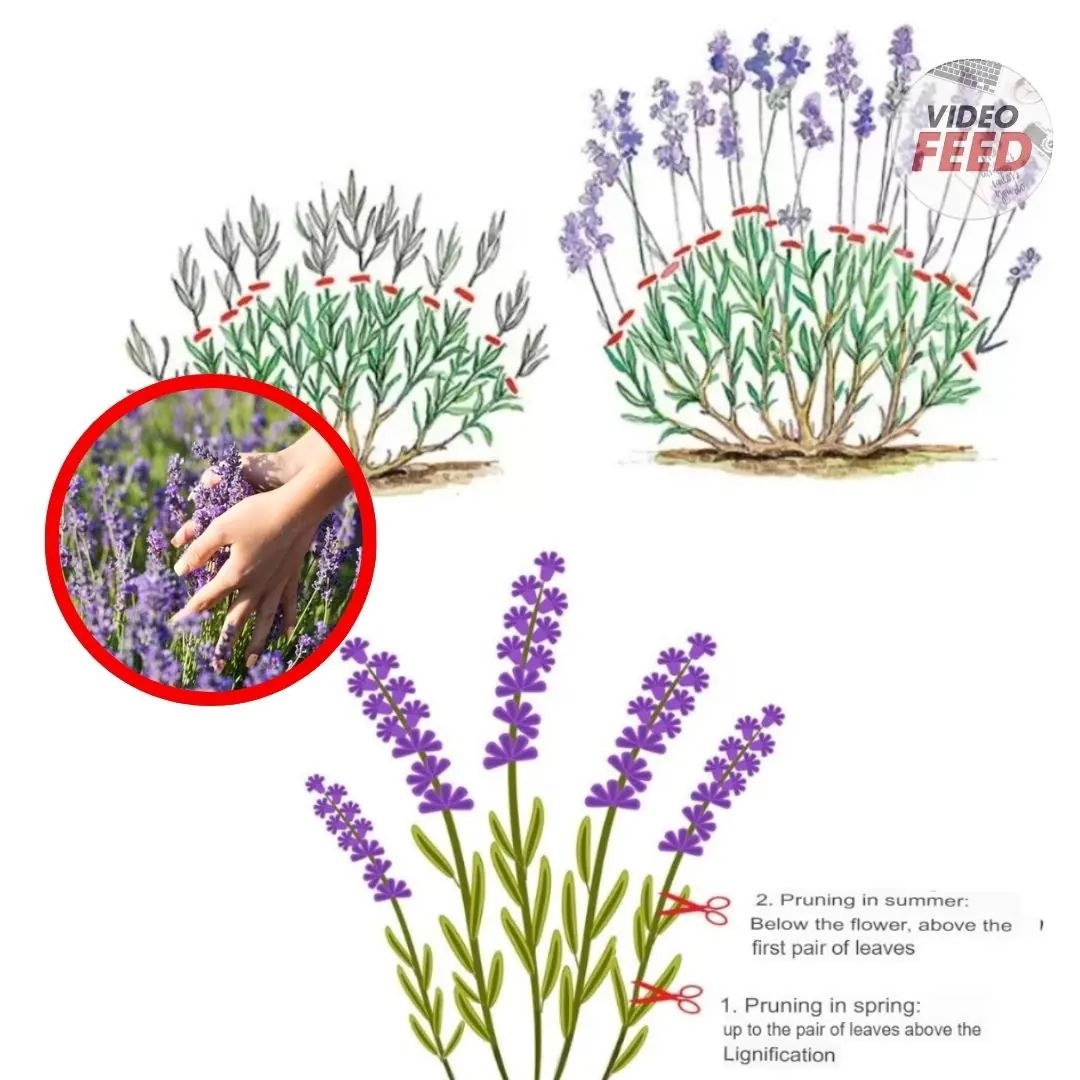
Trimming Lavender: Tips & Tricks from the Expert
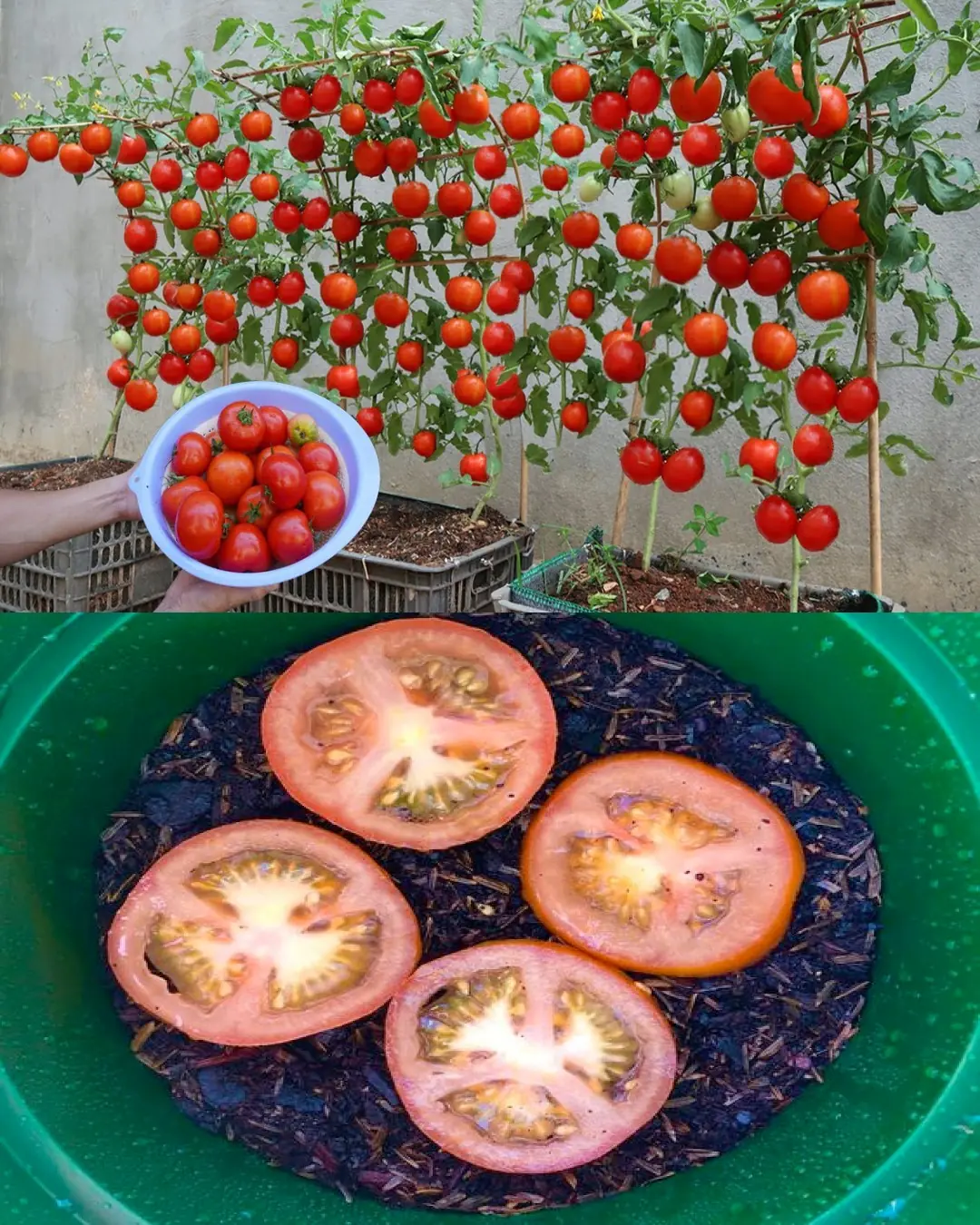
Growing Tomato Plant From Tomato Slice Time Lapse
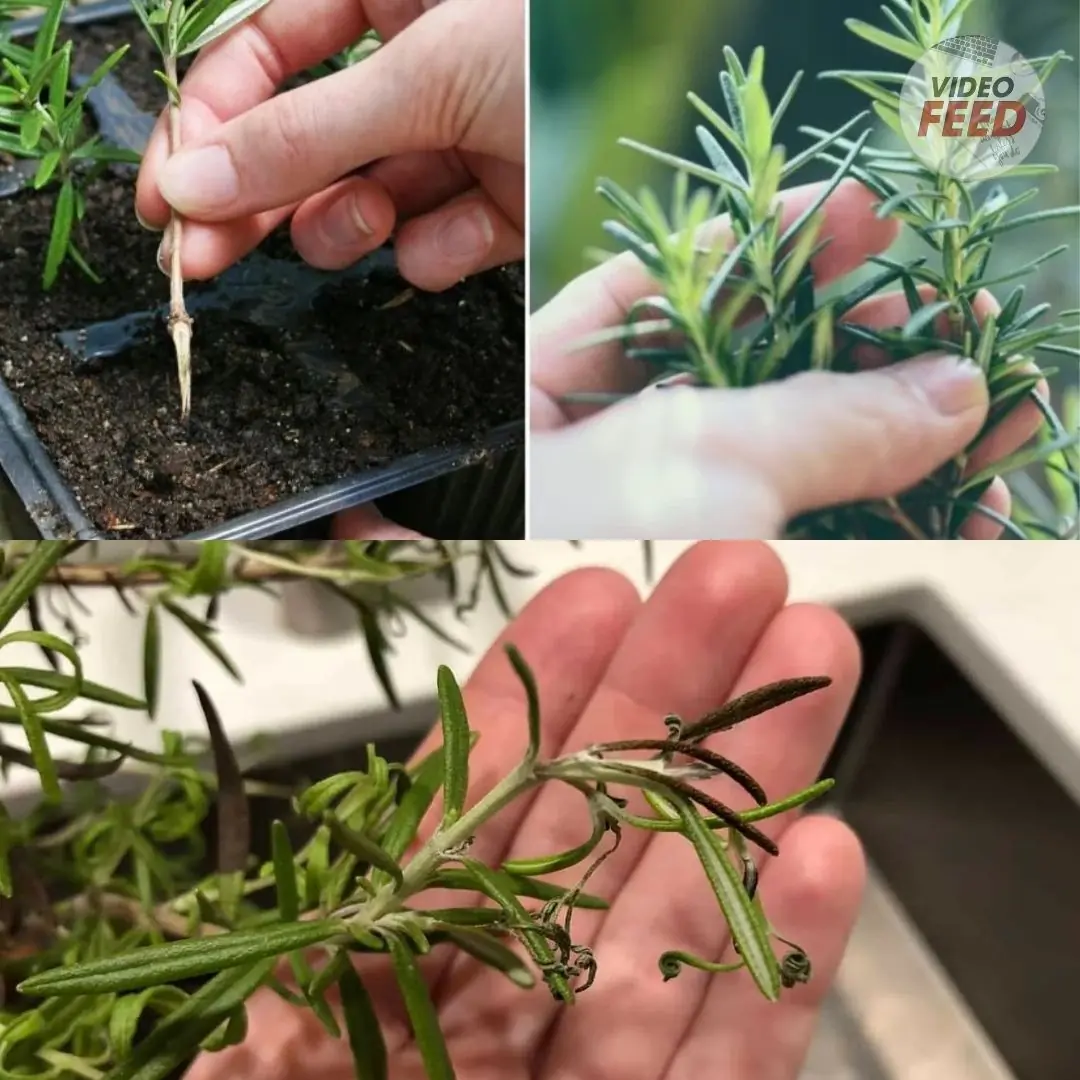
How To Grow Rosemary From Seed Or Cuttings – Everything You Need To Know
News Post

Thought You Had to Simmer Pork for Hours to Make It Tender?

Mother Collapses: "I Thought These Two Things Were Can.cer-Preventing Superfoods"

The 8 Biggest Tomato Growing Mistakes, According to Experts

How to Grow Beets This Fall for a Hearty Autumn Harvest

5 bad habits that increase the risk of stroke at night

Should you brush your teeth before or after breakfast

15 years without can.cer recurrence: Japanese doctor shares 5 simple secrets to keep malignant cells from "daring to return"

5 diseases that cause stomach pain after eating

6 factors that silently increase the risk of myocardial infarction

Insomnia, when to see a doctor?

30-year-old couple both have stomach can:cer due to dishwashing habit that many people also have

More Than Just Leaves: The Hidden Healing Power of Fish Mint Roots
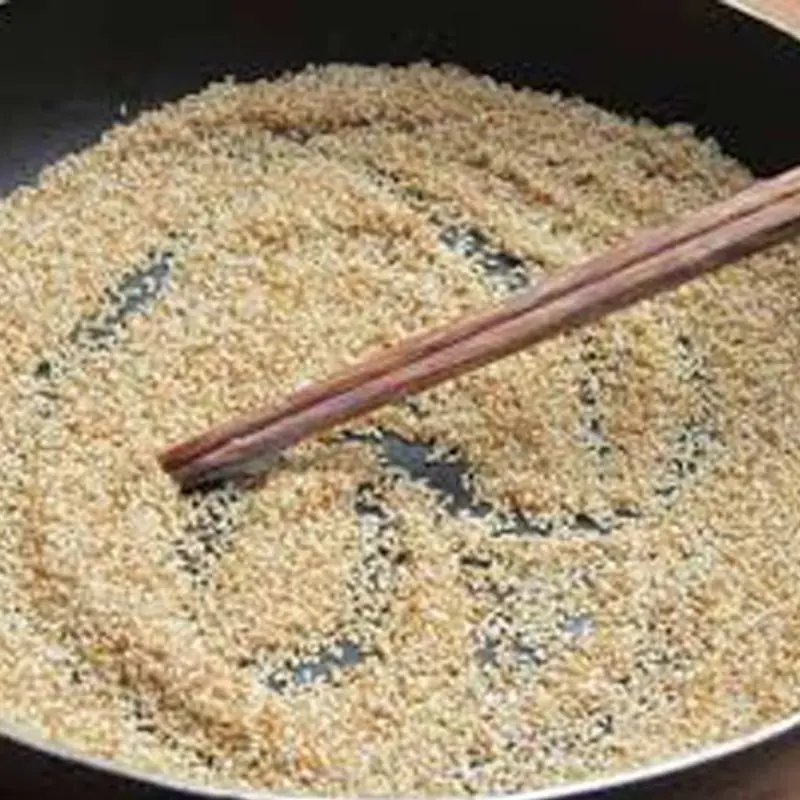
Don’t Dismiss This “Rustic” Dish – It’s a Stomach Healer and a Breakfast Hero!

Deciphering Orchid Roots: Reasons They Extend Beyond Pots and Recommended Actions

How to Multiply Your Sansevieria Quickly: From One Plant to a Thriving Collection

Top Natural Drinks That Safely Rejuvenate Your Skin From Within

How to handle when the refrigerator is leaking water

Tips to fix washing machine making loud noise when spinning

How To Plant Store-Bought Ginger & Grow Your Own Endless Supply
